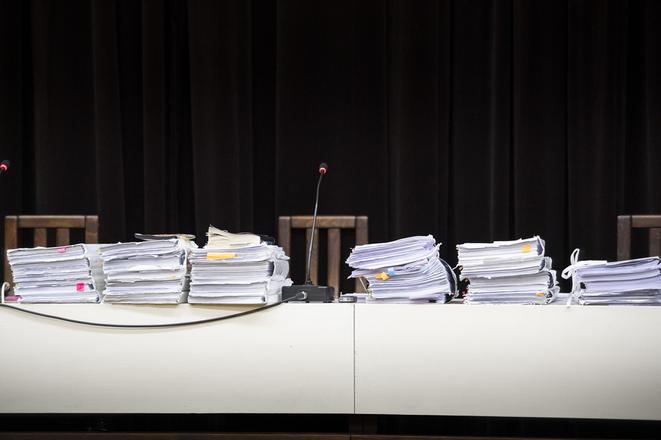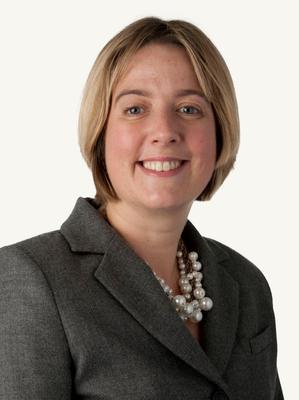Large transnational law firms coordinate their pro bono activities on both a national and global level.
Helen Rogers is a London-based senior pro bono manager of the Allen & Overy law firm. On the national level, pro bono lawyer Barbora Olžbutová coordinates the pro bono activities of the firm’s Bratislava office. The Slovak Spectator spoke to the two lawyers about how they select the cases to be represented by their lawyers free of charge, what it means for the client when the work done by lawyers is voluntary, and what the red lines are for the company when choosing whom to represent.
The Slovak Spectator (TSS): Is it common for an ordinary person with a legal problem to contact large law firms with pro bono requests? How do large law firms like A&O choose which pro bono projects to take on?
Barbora Olžbutová (BO): We cooperate with a number of NGOs that we have set up regular cooperation with and we take our cases mainly from them. When they present their cases to us, they describe the added value they see in our involvement. We try to take on cases that we believe could help solve a systemic or broader problem. We are open to requests from other organisations or individuals, but the truth is that our capacity is limited, so we need to take that into consideration, too. We do have some cases that we took up out of our own initiative, for example after having seen reports on them in the media.
TSS: Is that how things work outside of Slovakia, too?
Helen Rogers (HR): It’s broadly similar. In jurisdictions where there’s a long tradition of pro bono work, like the US, Australia, and the UK, there are more established processes for including pro bono work in larger firms.
We rely a lot on our network of NGOs and charities who do a lot of grassroots work, for example with homeless people and people seeking asylum and immigration status. We have a long history of working with Law Centres in the UK; they are the interface between individual clients and our lawyers. We also rely on our connections with existing charities. We have some connections going back over 25 years. Another source is our staff. We have so many staff members who are passionate about this work on every level. Often, we try to include their cases in the programme. We have three core themes guiding our pro bono work: human rights, access to justice for individuals who cannot afford legal advice, and social finance and impact investment work. You can fit a lot under these three headings.
TSS: What is in it for the lawyers? Is the chance to tap into unexplored territory a motivation?


 Lawyers help clients who cannot afford to pay for legal representation navigate complicated court cases and laws. (source: TASR)
Lawyers help clients who cannot afford to pay for legal representation navigate complicated court cases and laws. (source: TASR)
 Barbora Olžbutová (source: Courtesy of Allen & Overy)
Barbora Olžbutová (source: Courtesy of Allen & Overy)
 Helen Rogers (source: Allen & Overy )
Helen Rogers (source: Allen & Overy )